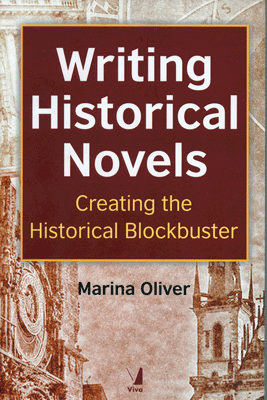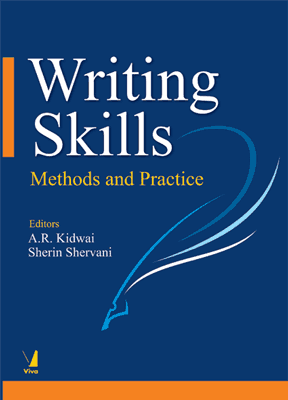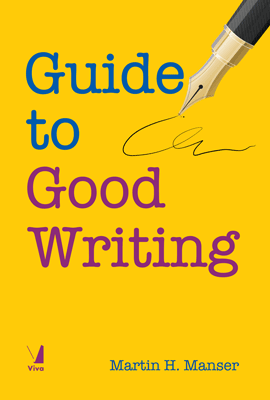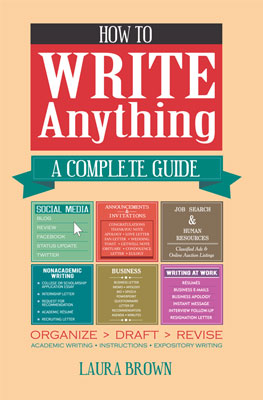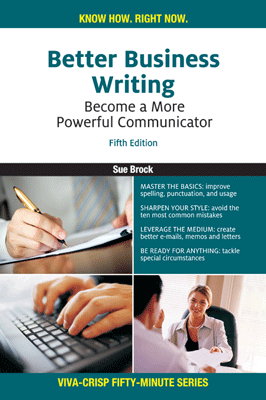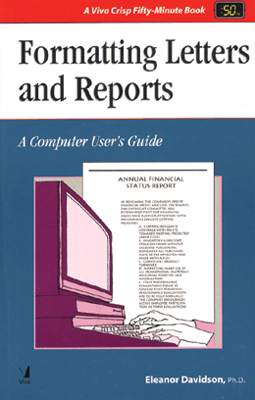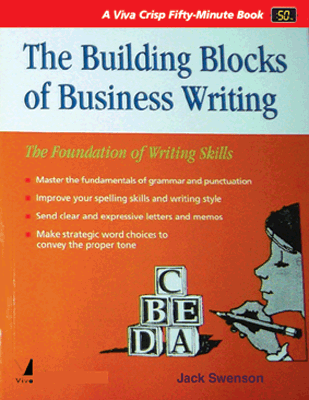Writing Historical Novels
Writing Historical Novels
Creating the Historical Blockbuster
₹315.00 ₹350.00 Save: ₹35.00 (10%)
Go to cartISBN: 9789385919459
Bind: Paperback
Year: 2017
Pages: 242
Size: 140 x 216 mm
Publisher: Studymates Limited
Published in India by: Viva Books
Exclusive Distributors: Viva Books
Sales Territory: India, Nepal, Pakistan, Bangladesh, Sri Lanka
Step-by-step guidance for published and un-published novelists.
How often have you thought, I wish I could write a period piece? There is a skill in writing historical novels and Marina Oliver should know since she has written dozens of them. In this book she takes you through the steps needed to create the kind of novel that will keep your readers turning the pages and then bring them back asking for more.
Writing Historical Novels is a step-by-step practical guide that explains the genre and helps you to establish what kind of historical novel you want to write.
This book explains:
- the 9 components of professionalism that you need to understand
- how to create a sample character profile
- the 5 stages of a plot
- the 10 things you need to get started
- why character names are critical
- how to keep your reader interested
Ideal for creative writers, literature students, and professional/novice writers.
Target Audience:
This book is useful for creative writers, literature students, and professional/novice writers.
Contents:
Foreword • Preface
Chapter 1: The joys of historicals
What is a novel? • What is an historical novel? • Pleasure for readers • Knowledge for readers • Storytellers have always told about history • Writers need to read • Types and authors • Pleasures for writers • The challenge of combining imagination with real events • Questions to answer and things to do • Tips by example • Key points
Chapter 2: Be a professional • you?re a writer
Believe and act like a professional • Decide how you?ll work • Make a place of your own • Survey your resources • How much historical knowledge do you need? • Prepare to research • Be aware of special problems • Know the industry • Do you need help or encouragement? • Questions to answer and things to do • Tips by example • Key points
Chapter 3: Getting started
Characters or plot? • Theme, story and plot • Where do you get ideas? • Using ideas • Ask questions • Choosing the right title • The narrative hook • The functions of the first few pages are many • Questions to answer and things to do • Tips by example • Key points
Chapter 4: Characters 1 - people are same the world over
Choose your cast carefully • A sample character profile • Show your characters • Names are critical • Keep protagonists on-stage • Provide conflict • Let your characters take over • Make your characters grow • Questions to answer and things to do • Tips by example • Key points
Chapter 5: Characters 2 • circumstances change
Circumstances can be different in different times and places • Have characters which fit their times • Be aware of attitudes • Be conscious of beliefs • Know what's possible • Speech and narration • Mannerisms and manners • Dress your characters properly • Questions to answer and things to do • Tips by example • Key points
Chapter 6: Plot • the all-important middle
Five stages of a plot • Good middles make novels great • Plots and sub-plots • Have you enough plot for a compulsive, page-turning middle? • The all-important conflict • Move on from the beginning • Is your plot feasible for the time it's set? • Plotting against the times • Resolutions • Posing and overcoming problems • Controlling the action • Page-turning qualities • Cliffhanging techniques • Do your characters always behave realistically for their time? • Can you find a satisfying ending? • Questions to answer and things to do • Tips by example • Key points
Chapter 7: Convincing settings
Paying attention to detail • See people through the eyes of characters • See places through the eyes of characters • Make description integral • Show, don?t tell • Include details unobtrusively • Use all the senses • Find appropriate imagery • Questions to answer and things to do • Tips by example • Key points
Chapter 8: Dialogue
Novels need plenty of dialogue • Dialogue has many functions • Dialogue is not ordinary speech • Using vocabulary, slang and dialect • Make dialogue convincing • Questions to answer and things to do • Tips by example • Key points
Chapter 9: Some other techniques
Overcoming writer's block • The right facts • Controlling the pace • Viewpoint • Keep the reader's interest • Flashbacks • Flashes forward • Using appropriate language • What is style? • Emotion • Questions to answer and things to do • Tips by example • Key points
Chapter 10: Research is essential
The right amount • Primary sources • Secondary sources • Use the internet • Balancing research and imagination • Sex - sweet or sizzling? sensuous or sexy? • Useful reference books • Questions to answer and things to do • Tips by example • Key points
Chapter 11: Revision
Editing your work • Now for the really hard work • Question everything • You may need help • Questions to ask and things to do • Tips by example • Key points
Chapter 12: Presentation and publication
First impressions • Synopsis • Approaching an agent or publisher • Contracts • Copyright • The process of publication • Money matters • Questions to answer and things to do • Tips by example • Key points
Appendix • Glossary • Further reading and reference • Index
About the Author:
Marina Oliver is a highly experienced author and creative writing teacher. She has published almost 50 novels, several books on writing, and has worked as an expert "book doctor" with the Romantic Novelists Association and the Story tracks appraisal agency. She reviews for the Historical Novel Society and lives in Shropshire with her husband. Her personal site is www.marina-oliver.net.
